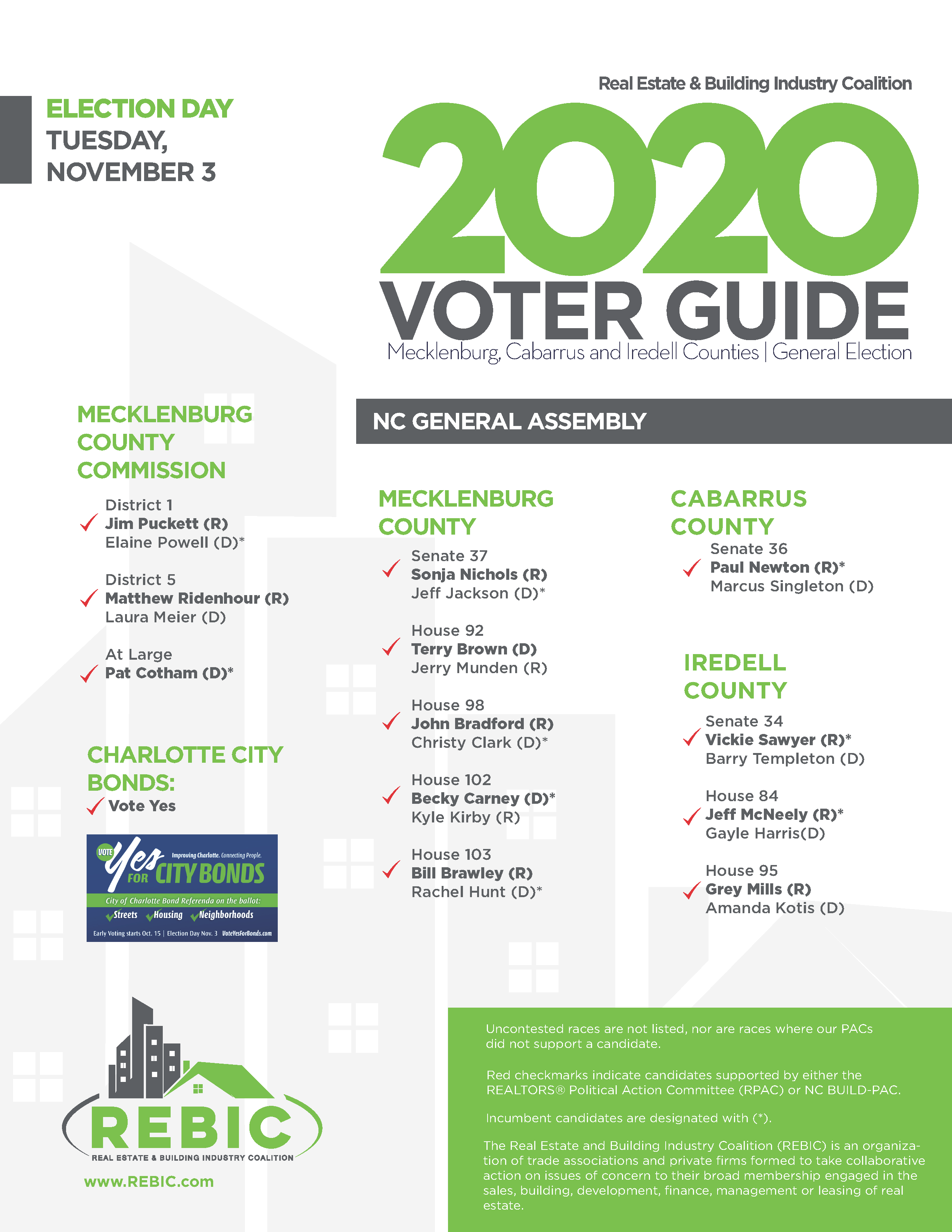Join us on November 16th for this lunch with a leader, get an exclusive overview of the recommendations in the Comprehensive Plan and the Unified Development Ordinance and how it will impact the future of commercial real estate development. This is a critical policy for the way commercial real estate develops in the future. You are invited to submit questions in advance here.
Also, the City of Charlotte will unveil its draft Charlotte Future 2040 Comprehensive Plan and host a screening of “Back to the Future” at a drive-in community meeting on Saturday, October 31. Register to attend here.
Our Leader Alyson Craig
Alyson Craig
Deputy Planning Director
City of Charlotte
Alyson Craig is the Deputy Planning Director for the City of Charlotte’s Planning, Design, and Development Department. She provides oversight to two of the Department’s divisions, Land Development and Entitlement Services (Rezoning/UDO), our HR and budget operations, and serves as a backup to the Planning Director. Learn more.
Registration
This event is offered to NAIOP Charlotte members only at no charge. Prior registration is required. Zoom login information will be sent two (2) hours prior to the event.












